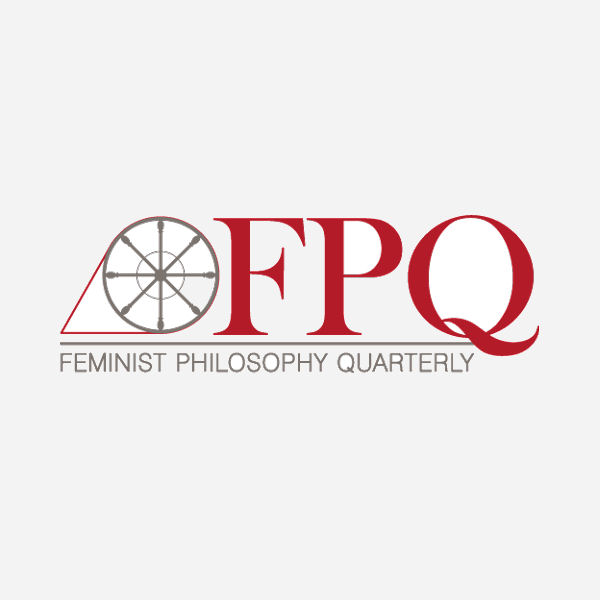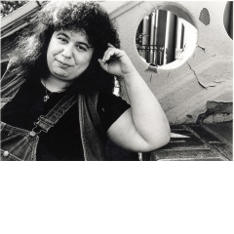all posts on feminism
- all posts on feminism, all posts on liberalism, all posts on social construction, feminism, liberalism
“Making Inequality Visible Without Making it Worse”
“Making Inequality Visible Without Making it Worse” is published in Social Philosophy & Policy (Vol. 39 No. 2, 2022). You can read it here.
Abstract: Egalitarian commitments have often been thought compatible with practices that are later identified as inegalitarian. Thus, a fundamental task of egalitarianism is to make inequality visible. Making inequality visible requires including marginalized people, questioning what equality requires, and naming inequality. At the same time, egalitarianism is a movement for change: egalitarians want to make things more equal. When egalitarians seek change at the institutional level, the two egalitarian tasks are complementary: making inequality visible is part of campaigning to make things better. However, at the level of social norms there is a dilemma because making inequality visible can make things worse. Making inequality visible can reinforce unequal norms and fail to address intersectionality. The case of gendered pronouns illustrates this dilemma.
- all posts on culture and religion, all posts on feminism, all posts on liberalism, all posts on marriage, all posts on social construction, Freedom & Equality
Freedom & Equality: Essays on Liberalism and Feminism
Should the state recognise gender? Can a liberal state discourage traditional family structures? Is women’s sport compatible with equality of opportunity? Should feminists defend women’s freedom to choose cosmetic surgery? Is genital cutting always wrong, or is it only wrong for girls?
Freedom & Equality: Essays on Liberalism and Feminism investigates the contours of feminist liberalism: a philosophical approach that is appealing but elusive. Its hallmark is a liberalism that prioritises equality and individual autonomy, while offering a rigorous critique of using individuals’ choices as the measure of justice. Liberalism without feminism prioritises individual choice, a strategy that has played a crucial role in the liberal defence of freedom against authoritarianism and conformity. However, as feminism shows, relying on individual choice is insufficient to render an outcome just, because people often choose things that harm or disadvantage themselves. From beauty norms to the gendered division of labour, from marriage to religion, women and men choose to arrange their lives in ways that perpetuate inequality. Often, these choices are made in response to social norms, including unjust, unequal, or harmful norms. It follows that relying on individual choice as a measure of justice actually leaves unjust social structures intact. Any defender of autonomy and equality must be prepared to criticise individuals’ choices while prioritising individual choosers.
The essays in this collection cover a wide range of issues fundamental to liberalism, to feminism, and to their intersection. They explore the foundational philosophical concepts of choice, equality of opportunity, ideology, and the state, and they engage directly with key political controversies, including women’s sport, the state recognition of gender, the regulation of cosmetic and cultural surgeries, and state action to secure equality in the family. Clare Chambers argues that feminist liberalism is both possible and necessary. It is possible because the two doctrines of feminism and liberalism are compatible, their fundamental values of freedom and equality aligned. But feminism is necessary because liberalism has shown that it is simply not up to the task of securing gender equality and women’s liberation alone.
Freedom & Equality will be published by Oxford University Press in 2024.
CONTENTS
Introduction: A Feminist Liberalism
PART I: FEMINISM & LIBERALISM
1: Feminism
2: Feminism on Liberalism
3: Respect, Religion, and Feminism: Political Liberalism as Feminist Liberalism?
PART II: THE FAMILY
4: ʻThe Family as a Basic Institutionʼ: A Feminist Analysis of the Basic Structure as Subject
5: Liberalism, Feminism, and the Gendered Division of Labour
6: The Marriage-Free State
PART III: THE LIMITS OF LIBERALISM
7: Should the Liberal State Recognise Gender?
8: Reasonable Disagreement and the Neutralist Dilemma: Abortion and Circumcision in Matthew Kramer’s Liberalism with Excellence
PART IV: EQUALITY OF OPPORTUNITY
9: Each Outcome Is Another Opportunity: Problems with the Moment of Equal Opportunity
10: Equality of Opportunity and Three Justifications for Women’s Sport: Fair Competition, Anti-Sexism, and Identity
PART V: CHOICE
11: Choice and Female Genital Cosmetic Surgery
12: Judging Women: 25 Years Further Toward a Feminist Theory of the State
13: Ideology and Normativity - all posts on feminism, all posts on liberalism, all posts on marriage, Routledge Handbook of Philosophy of Sex and Sexuality
Routledge Handbook of Philosophy of Sex and Sexuality
Edited with Brian D. Earp and Lori Watson, and published by Routledge in 2022. You can buy the book here and read it in Routledge Handbooks online here.
This Handbook covers the most urgent, controversial, and important topics in the philosophy of sex. It is both philosophically rigorous and yet accessible to specialists and non-specialists, covering ethics, political philosophy, metaphysics, the philosophy of science, and the philosophy of language, and featuring interactions with neighboring disciplines such as psychology, bioethics, sociology, and anthropology.
The volume’s 40 chapters are written by an international team of both respected senior researchers and essential emerging scholars. The broad scope of coverage, depth in insight and research, and accessibility in language make The Routledge Handbook of Philosophy of Sex and Sexuality a comprehensive introduction for newcomers to the subject as well as an invaluable reference work for advanced students and researchers in the field.
Table of Contents
IntroductionClare Chambers, Brian D. Earp, Lori Watson
Part I: What is Sex? Is Sex Good?
- What is a Sexual Act?
Kristina Gupta - Eroticisms in Cross-Cultural Perspective
Sara Johnsdotter - The Value of Sex
Sam Shpall - Is There a Right to Sex?
John Danaher - The Concept and Significance of Virginity
Neil McArthur
Part II: Sexual Orientations
- What is a Sexual Orientation?
Lisa M. Diamond - Sexual Orientation, Sexual Desires, and Choice
E. Diáz-León - Queer and Straight
Matthew Andler - Asexuality
A.W. Eaton and Bailey Szustak - Feminist Heterosexuality
Christie Hartley - Heterosexual Male Sexuality: A Positive Vision
Shaun Miller - Radical Feminist Analysis of Heterosexuality
Jessica Joy Cameron - Lesbian Feminism
Finn Mackay
Part III: Sexual Autonomy and Consent
- Flirting
Lucy McDonald - Sex and Consent
Karamvir Chadha - Beyond Consent
Susan J. Brison - Sexual Autonomy, Consent, and Reproductive Control
Mianna Lotz - Sexual Practices and Relationships Among Young People
Kate Ott and Lauren D. Sawyer - Sex and Disability
Tom Shakespeare - Sexual Consent, Aging, and Dementia
Andria Bianchi
Part IV: Regulating Sexual Relationships
- Monogamy: Government Policy
Stephen Macedo and Peter de Marneffe - Plural Marriage and Equality
Lori Watson - Sex, Marriage, and Race
Robin Zheng - The Ethics of Relationship Anarchy
Ole Martin Moen and Alexander Sørlie
Part V: Pathologizing Sex and Sexuality
- The Eugenic Logic of Sexual Normality
Tara M. Dankel - “Disordering” Sex Through Medicine
Katarzyna Grunt-Mejer - Religion and Sexual Shame
Krista K. Thomason - Homophobia and Conversion ‘Therapies’
Sean Aas and Candice Delmas
Part VI: Contested Desires
- The Ethics and Politics of Sexual Preference
Gulzaar Barn - BDSM
Manon Garcia - Critiquing Consensual Adult Incest
Natasha McKeever - Pedophilia
Agustín Malón
Part VII: Objectification and Commercialized Sex
- Sexual Objectification
Patricia Mariño - The Civil-Rights Approach to Pornography
John Stoltenberg - Pornography and the “Sex Wars”
Mari Mikkola - The Case for Decriminalizing Sex Work
Jessica Flanigan - An Equality Approach to Prostitution
Lori Watson
Part VIII: Technology and the Future of Sex
- The Ethics of Matching: Hookup Apps and Online Dating
Michal Klincewicz, Lily E. Frank, and Emma A. Jane - The Ethics of Humanoid Sex Robots
Sven Nyholm - Sex and Emergent Technologies
Robbie Arrell
About the editors
Brian D. Earp is a philosopher, cognitive scientist, and bioethicist with interests in gender, sex, sexuality, and related topics. Brian is Associate Director of the Yale-Hastings Program in Ethics and Health Policy at Yale University and The Hastings Center, and Senior Research Fellow in Moral Psychology at the Uehiro Centre for Practical Ethics at the University of Oxford. With Julian Savulescu, Brian is co-author of Love Drugs: The Chemical Future of Relationships (Stanford UP, 2020).Clare Chambers is Professor of Political Philosophy at the University of Cambridge. She is the author of Intact: A Defence of the Unmodified Body (Allen Lane, 2022), Against Marriage: An Egalitarian Defence of the Marriage-Free State (Oxford University Press, 2017), and Sex, Culture, and Justice: The Limits of Choice (Penn State University Press, 2008).
Lori Watson is Professor of Philosophy at Washington University in Saint Louis. She is the co-author, with Patrick Hurley, of A Concise Introduction to Logic, 13th ed. (Cengage, 2016); with Christie Hartley, of Equal Citizenship and Public Reason: A Feminist Political Liberalism (Oxford UP, 2018); with Andrew Altman, of Debating Pornography (Oxford University Press, 2019); and, with Jessica Flanigan, of Debating Sex Work (Oxford University Press, 2019).
- What is a Sexual Act?
-
Nuffield Council on Bioethics project on gender identity
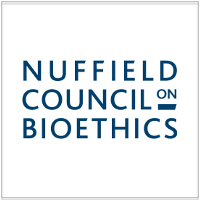
The Nuffield Council on Bioethics is launching a new project that will explore the ethical, social, and legal issues associated with the care and treatment of children and adolescents in relation to their gender identity.
Increasing numbers of young people and their families in the UK have been seeking advice and support in relation to gender identity issues in recent years. In autumn 2019, we spoke to a wide range of individuals about the challenges involved in providing care and treatment for young people in relation to their gender identity. From those meetings, it is clear that there are many areas of consensus, but there are also a number of unresolved ethical questions that deserve further consideration.
This project will look in more detail at some of those issues, including the nature of gender dysphoria, the balance of benefit and harm in treatment and non-treatment, and the ability of young people to consent to medical interventions.
Our aim is to contribute information and insight on these issues to inform and support practitioners and policy-makers, to contribute to the broader public debate, and, ultimately, to improve the well-being of gender diverse and gender incongruent children and adolescents by helping ensure they receive ethical, appropriate, and high-quality care.
During this project, we want to listen to a wide range of views – including those of young people themselves. If you are interested in being involved or would like to find out more, please email gender@nuffieldbioethics.org. We will be launching a call for evidence in the coming weeks. For more information on the project, please visit the project page
-
Talking Politics History of Ideas
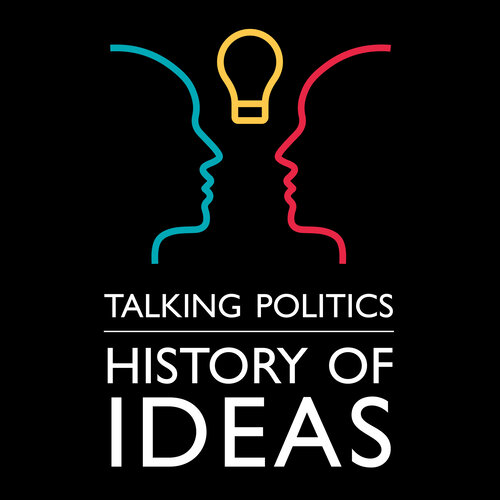
David Runciman and I discussed Simone de Beauvoir’s The Second Sex in an LRB subscribers’ webinar in March 2021. The webinar was part of Talking Politics History of Ideas Season 2. You can listen to that series here.
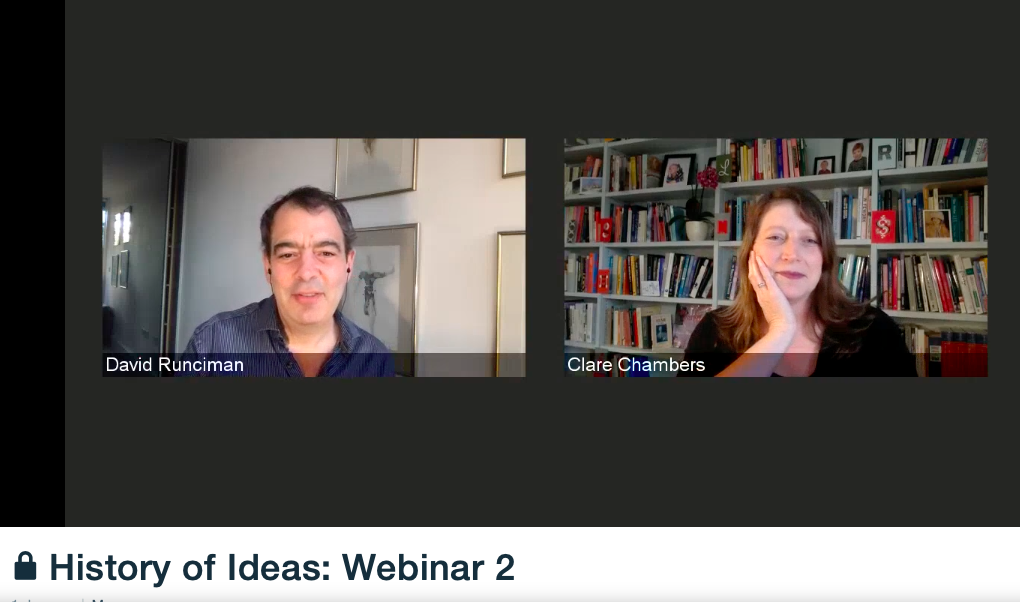
-
Women & Equalities Select Committee
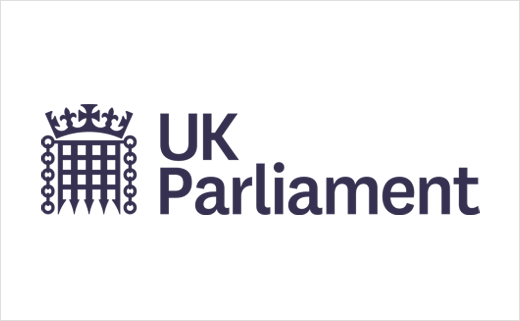
On 23rd September 2020 I gave evidence to the Women & Equalities Select Committee Inquiry “Changing the Perfect Picture: an Inquiry into Body Image” on behalf of the Nuffield Council on Bioethics. You can view a recording of the evidence session here, and read a transcript here.
My evidence to the Committee was quoted on the Talk Radio news bulletin that night and in a written article in Yahoo News.
- all posts on feminism, all posts on liberalism, all posts on the body and beauty, articles, feminism, liberalism, the body
Sex, Money, and Luck in Sport

Clare Chambers, “Sex, Money, and Luck in Sport” published in Journal of Medical Ethics Vol. 46 No. 9 (2020). You can read the paper here.
- all posts on culture and religion, all posts on feminism, all posts on liberalism, articles, feminism, liberalism, multiculturalism and religion
Respect, Religion, and Feminism
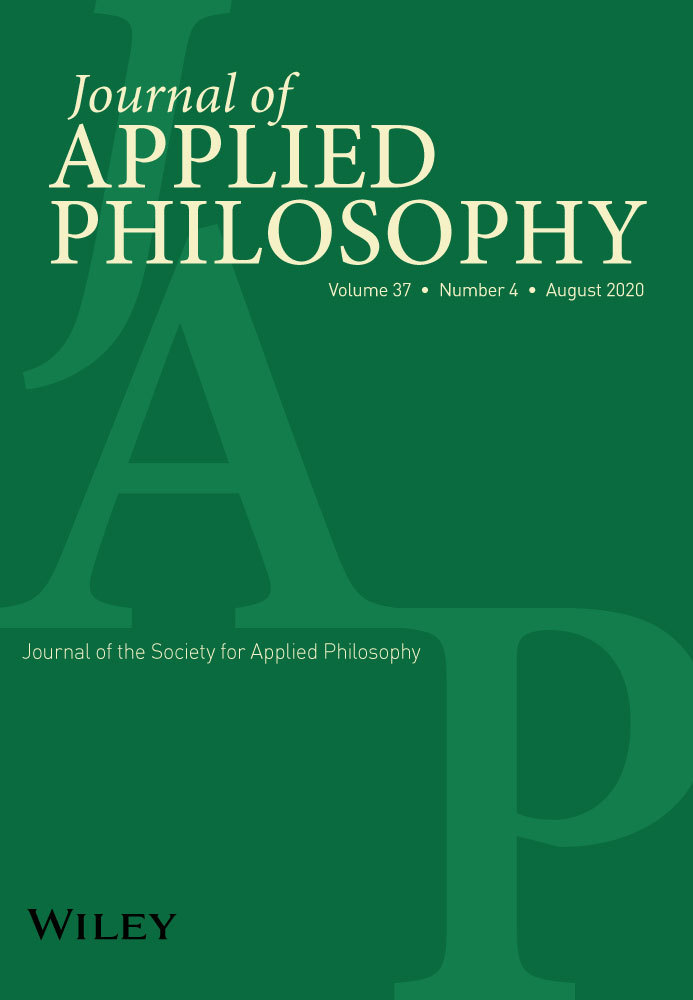
Respect, Religion, and Feminism: Comments on Lori Watson and Christie Hartley, Equal Citizenship and Public Reason: A Feminist Political Liberalism is published in Journal of Applied Philosophy September 2020. You can read the paper here.
Abstract: There is significant disagreement among feminists and liberals about the compatibility between the two doctrines. Political liberalism has come under particular criticism from feminists, who argue that its restricted form of equality is insufficient. In contrast, Lori Watson and Christie Hartley argue that political liberalism can and must be feminist. This article raises three areas of disagreement with Watson and Hartley’s incisive account of feminist political liberalism. First, it argues that an appeal to a comprehensive doctrine can be compatible with respecting others, if that appeal is to the value of equality. Second, it takes issue with Watson and Hartley’s defence of religious exemptions to equality law. Third, it argues that political liberalism can be compatible with feminism but that it is not itself adequately feminist. It concludes that political liberalism is not enough for feminists.
-
Rethinking The Body discussed in BBC article

My essay on Rethinking The Body featured as a discussion article based on the BBC Radio 4 Woman’s Hour discussion. You can read the article here.
-
Rethinking The Body on Woman’s Hour

My radio essay “Rethinking The Body” was featured on BBC Radio 4’s Woman’s Hour on Wednesday 24th June.
From the Woman’s Hour website:
Rethink is a series of essays and discussions across BBC Radio 4, 5 Live and the World Service that looks at how the world might change after the coronavirus pandemic. Today’s essay features the political philosopher Clare Chambers who considers how our relationship with our bodies, and our appearance has been affected by the lockdown. To discuss Jenni is joined by Laura Bates, the founder of the Everyday Sexism project, Kate Lister, Lecturer in the School of Arts and Communication at Leeds Trinity University, and Shahidha Bari, Professor of Fashion Cultures and Histories at the London College of Fashion.You can listen to the essay and discussion here.
-
Rethinking The Body
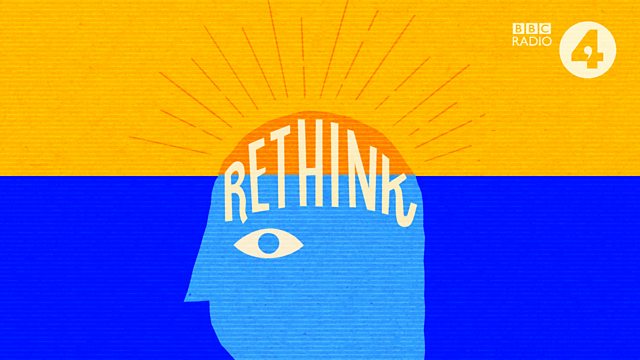
I have recorded an essay on how we think about our bodies for Rethink – a BBC radio series that considers how the world should change after the coronavirus pandemic. You can listen to the programme and see the others in the series here.
- Against Marriage, all posts on feminism, all posts on liberalism, all posts on marriage, feminism, liberalism, multiculturalism and religion, publications on marriage
Against Marriage: An Egalitarian Defence of the Marriage-Free State
Against Marriage was published by Oxford University Press in 2017, with a paperback in 2019. Read the book on Oxford Scholarship Online here.Winner of the APSA David Easton Award 2018.
Synopsis
Against Marriage is a radical argument for the abolition of state-recognised marriage. Clare Chambers argues that state-recognised marriage violates both equality and liberty, even when expanded to include same-sex couples. Instead Chambers proposes the marriage-free state: an egalitarian state in which religious or secular marriages are permitted but have no legal status.
Part I makes the case against marriage. Chambers investigates the critique of marriage that has developed within feminist and liberal theory. Feminists have long argued that marriage is a violation of equality since it is both sexist and heterosexist. Chambers endorses the feminist view and argues, in contrast to recent egalitarian pro-marriage movements, that same-sex marriage is not enough to make marriage equal. Chambers argues that state-recognised marriage is also problematic for liberalism, particularly political liberalism, since it imposes a controversial, hierarchical conception of the family that excludes many adults and children.
Part II sets out the case for the marriage-free state. Chambers critically assesses recent theories that attempt to make marriage egalitarian, either by replacing it with relationship contracts or by replacing it with alternative statuses such as civil union. She then sets out a new model for the legal regulation of personal relationships. In the marriage-free state regulation is based on relationship practices not relationship status, and these practices are regulated separately rather than as a bundle. The marriage-free state thus employs piecemeal, practice-based regulation. Finally, Chambers considers how the marriage-free state should respond to unequal religious marriage. The result is an inspiring egalitarian approach that fits the diversity of real relationships.
Reviews
“Clare Chambers has produced what will surely be for years to come the definitive argument for the abolitionist view of marriage. … [T]his is in my opinion a superb book. It is prodigiously scholarly, but at the same time wonderfully clear and accessible. The arguments are provocative and challenging throughout. The literature on this vitally important topic urgently needed a book-length defense of the abolitionist position. It is hard to imagine a book performing this necessary role better than Chambers’s Against Marriage.”
Ralph Wedgwood in Ethics
Against Marriage is “political philosophy at its most practical and readable.”
Andrew Harrop, General Secretary of the Fabian Society, in Fabian Review
“This is a distinct and important contribution to an increasingly crowded field of liberal political philosophy on marriage and the state and, perhaps most interestingly, to our understanding of the liberal project broadly. … Where other liberals seek more vigorously to balance competing demands of freedom and equality, or emphasize freedom, Chambers hews rigorously to an egalitarian position. You won’t find another book that does this so effectively or by way of such productive engagement with existing scholarship. Laying out the egalitarian case in such clear and compelling terms, Chambers highlights the challenges it presents to the liberal side of her liberal feminist equation. In so doing, Against Marriage leaves us wondering just how tenable the liberal feminist project is. … Chambers leads us to these questions by bringing us to the edge of the liberal feminist frontier. This alone would make Against Marriage a distinct and important contribution. But, of course, Chambers does more. She offers a compelling vision of why and how to move beyond marriage and points us in the direction of work that needs to be done. All with the grace and graciousness of an analytical philosopher running at full throttle.”
Tamara Metz in Political Theory
“Against Marriage makes an important contribution to the debate over the future of marriage within liberalism. It is clear and cogently argued and a pleasure to read. One of its virtues is its breadth; it makes arguments which address a range of liberal and feminist views and should be accessible to non-specialists. At the same time, it advances the leading edge of the specialist debate in provocative and intriguing ways.”
Elizabeth Brake in Mind
“Clare Chambers provides a clear, lucid and timely argument against state-recognized marriage based on the liberal principles of liberty and equality. … Throughout, she is masterful at anticipating and responding carefully to potential objections to her arguments and proposals. …. And her responses to those who might disagree with her proposals reveal a two-fold carefulness: as a philosopher, she is thoughtful, deliberate, precise, and meticulous; as a feminist, she is attentive, concerned, and compassionate — considering not only the philosophical justifications for her proposals but also their practical fall out for women and other vulnerable populations. … I highly recommend Chambers’ book as an important scholarly and pedagogical resource. It is beautifully crafted and makes an important contribution to the literature in liberal political theory and, more specifically, to the philosophical literature on marriage and family. … It was my distinct pleasure to read this book and be provoked by its arguments into a better understanding of both liberalism’s promise and its limitations with regard to its support of diverse forms of relationship.”
Shelley M. Park in Notre Dame Philosophical Reviews
“Chambers’ Against Marriage is a wonderful addition to a growing literature demanding that we think seriously about the institution of marriage and how it may have to be altered to meet the demands of justice and equity.”
Robert Scott Stewart in Metapsychology Online Reviews
-
Blending in and standing out: comfort and visibility in beauty practices
 “My thought is this: a significant aspect of beauty practices is comfort and visibility. Comfort relates to discipline: discipline makes some actions and inactions seem comfortable and others effortful. Visibility relates to surveillance: some beauty practices make us seem visible or hyper-visible, others make us feel invisible. Sometimes beauty practices aim at making the practitioner visible: she wants her appearance to be noticeable. But beauty practices can also aim at invisibility: at making a person blend in rather than stand out. Both make up and its absence can have this effect, depending on the person and context involved.”
“My thought is this: a significant aspect of beauty practices is comfort and visibility. Comfort relates to discipline: discipline makes some actions and inactions seem comfortable and others effortful. Visibility relates to surveillance: some beauty practices make us seem visible or hyper-visible, others make us feel invisible. Sometimes beauty practices aim at making the practitioner visible: she wants her appearance to be noticeable. But beauty practices can also aim at invisibility: at making a person blend in rather than stand out. Both make up and its absence can have this effect, depending on the person and context involved.”This short piece is published on the Beauty Demands blog. You can read it here.
-
How to Disagree on BBC Radio 4
Timandra Harkness interviewed me for the BBC Radio 4 series “How to Disagree: A Beginner’s Guide to Having Better Arguments”, episode 4. The topic of the discussion is moral disagreement, with particular reference to the topic of abortion.
The episode was broadcast on 16 August 2018 and you can listen to it here.
-
OUP Women in Philosophy reading list
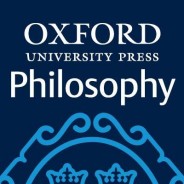
Against Marriage features in the Oxford University Press Women in Philosophy reading list.
“This March, in recognition of Women’s History Month, the OUP Philosophy team will be celebrating Women in Philosophy. The philosophy discipline has long been perceived as male-dominated, so we want to recognize some of the incredible female philosophers from the past including Simone de Beauvoir, Mary Wollstonecraft, and Hannah Arendt, plus female philosophers doing great things in 2018 like Martha Nussbaum, Clare Chambers, and Kate Manne.”
You can see the whole reading list here.
-
Routledge Companion to Feminist Philosophy reviewed in Hypatia Reviews Online
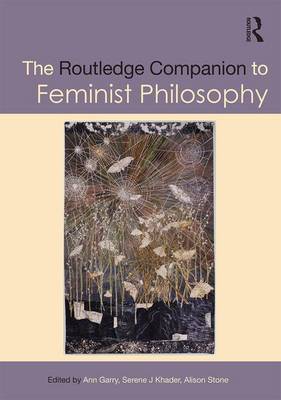 I have a chapter on feminism and liberalism in The Routledge Companion to Feminist Philosophy, edited by Ann Garry, Serene J. Khader, and Alison Stone (Routledge, 2017). The volume has been reviewed by Amy Marvin in Hypatia Reviews Online. You can read the full review here.
I have a chapter on feminism and liberalism in The Routledge Companion to Feminist Philosophy, edited by Ann Garry, Serene J. Khader, and Alison Stone (Routledge, 2017). The volume has been reviewed by Amy Marvin in Hypatia Reviews Online. You can read the full review here.“The Routledge Companion to Feminist Philosophy presents an exciting, comprehensive, and original pluralist presentation of feminist philosophy that is a much-needed update to existing feminist philosophy companions. Students, scholars, independent researchers, and departments interested in feminism and philosophy would do well to make sure they have access to this volume, and it should be a relevant resource for years to come.”
-
Quoted on marriage in The Guardian
Rose Hackman quotes me in a long-form piece on marriage in The Guardian. You can read the whole article here.
” “Married men gained rights over women’s bodies, property and children,” confirms Clare Chambers, a lecturer in philosophy at the University of Cambridge who wrote a book arguing for an end to state-recognized marriage. “Traditionally [marriage] has maintained legal gender inequality, and it has done so to the benefit of men.”
“Chambers concedes that many formal inequalities tied to marriage have been denounced and revoked. Marital rape was outlawed in the UK in 1991 and in the US in 1993 – hard to believe there was ever an exemption – and same-sex marriage was legalized in 2014 and 2015 respectively.”
- Against Marriage, all posts on feminism, all posts on liberalism, all posts on marriage, media, read
Fabian Society on Against Marriage
 Andrew Harrop, General Secretary of the Fabian Society, reviewed Against Marriage in Fabian Review, May 2018. You can read the full review here.
Andrew Harrop, General Secretary of the Fabian Society, reviewed Against Marriage in Fabian Review, May 2018. You can read the full review here.“Marriage makes me uncomfortable, whether the reason is political, historical, cultural or aesthetic. No matter how many married couples I see living modern equal relationships, for me, the whole concept is tainted by its patriarchal past. But I say ‘for me’ with good reason, as I have dozens of friends and comrades who disagree. This is a fault-line issue that divides socialists and feminists amongst themselves. In Against Marriage, Clare Chambers makes the case for why egalitarians and liberals should reject marriage. It is political philosophy at its most practical and readable.”
-
Gli Stati Generali on the “Me Too” movement
 I was interviewed by Valentina Saini for her piece “È L’ALBA DI UN’INTERNAZIONALE FEMMINISTA?” on the Italian news site Gli Stati Generali. You can read the piece, in Italian, here.
I was interviewed by Valentina Saini for her piece “È L’ALBA DI UN’INTERNAZIONALE FEMMINISTA?” on the Italian news site Gli Stati Generali. You can read the piece, in Italian, here.For those who don’t speak Italian I don’t have a translation of the full article, but here are the answers I gave to Valentina Saini’s questions.
VS: In many countries and regions of the world, sexual harassment in the form of a “pat” on a woman’s “butt”, for example, is seen as something innocent and harmless, nothing one should be especially offended by – many women think so too. Why is that? Is women’s body still something that does not belong exclusively to them – culturally speaking?
A (CC): Women and girls are taught from an early age that one of their most important roles is to be attractive, pleasing, submissive and helpful to others. This education comes from many sources: gendered differences in early upbringing, acceptable social roles for men and women, media portrayals of women that focus on their looks, role-models and stereotypes. It is not surprising in this context of gender inequality that some women internalise the role given to them, and think of their bodies as primarily existing to be appraised and used by others. That doesn’t make it acceptable.
Q (VS): The Me Too hashtag arose in the US and rapidly spread in many other parts of the world, meaning that sexual abuse and sexual harassment are a global phenomenon. Is it possible that even in so-called developed countries, sexual harassment in the workplace is subtly interpreted as “the price” women may have to pay to enter a once male-only institution, that is, paid work?A (CC): Sexual abuse and sexual harassment certainly are global. Women know this and have known it for a very long time. Women do not enter the workplace on equal grounds to men. They are multiply disadvantaged by many forms of sexism: sexual harassment, the gender pay gap, the incompatibility of work and family life, stereotyping and discriminatory behaviour. Gender inequality of all forms needs to be dismantled, and the Me Too movement is one important part of the global movement of women and feminists against sexism. - all posts on culture and religion, all posts on feminism, all posts on the body and beauty, media, watch
Dress codes at work for the BBC
-
Freedom & Equality: Essays on Liberalism and Feminism
My next book is in press with Oxford University Press.
Freedom & Equality investigates the contours of feminist liberalism: a philosophical approach that is appealing but elusive. Its hallmark is a liberalism that prioritises equality and individual autonomy, while offering a rigorous critique of using individuals’ choices as the measure of justice.
Liberalism without feminism prioritises individual choice, a strategy that has played a crucial role in the liberal defence of freedom against authoritarianism and conformity. However, as feminism shows, relying on individual choice is insufficient to render an outcome just, because people often choose things that harm or disadvantage themselves. From beauty norms to the gendered division of labour, from marriage to religion, women and men choose to arrange their lives in ways that perpetuate inequality. Often, these choices are made in response to social norms, including unjust, unequal, or harmful norms. It follows that relying on individual choice as a measure of justice actually leaves unjust social structures intact. Any defender of autonomy and equality must be prepared to criticise individuals’ choices while prioritising individual choosers.
The essays in this collection cover a wide range of issues fundamental to liberalism, to feminism, and to their intersection. They explore the foundational philosophical concepts of choice, equality of opportunity, ideology, and the state. And they engage directly with key political controversies, including women’s sport, the state recognition of gender, the regulation of cosmetic and cultural surgeries, and state action to secure equality in the family.
Freedom & Equality shows that feminist liberalism is both possible and necessary. It is possible because the two doctrines of feminism and liberalism are compatible, their fundamental values of freedom and equality aligned. But feminism is necessary because liberalism has shown that it is simply not up to the task of securing gender equality and women’s liberation alone.
-
Joint Session 2017
- all posts on feminism, all posts on social construction, articles, beauty, feminism, social construction
Ideology and Normativity
 This paper investigates the possibility of what Sally Haslanger calls ‘ideology critique’. It argues that ideology critique cannot rely on epistemological considerations alone but must be based on a normative political theory. Since ideological oppression is denied by those who suffer from it is it is not possible to identify privileged epistemological standpoints in advance.
This paper investigates the possibility of what Sally Haslanger calls ‘ideology critique’. It argues that ideology critique cannot rely on epistemological considerations alone but must be based on a normative political theory. Since ideological oppression is denied by those who suffer from it is it is not possible to identify privileged epistemological standpoints in advance.You can read the paper here and on the OUP Philosophy Festival Reading List here.
-
Ideology and Normativity
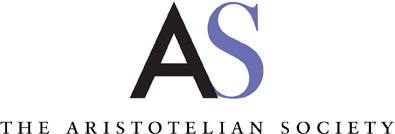 This paper investigates the possibility of what Sally Haslanger calls “ideology critique.” It argues that ideology critique cannot rely on epistemological considerations alone but must be based on a normative political theory. Since ideological oppression is denied by those who suffer from it is it is not possible to identify privileged epistemological standpoints in advance.
This paper investigates the possibility of what Sally Haslanger calls “ideology critique.” It argues that ideology critique cannot rely on epistemological considerations alone but must be based on a normative political theory. Since ideological oppression is denied by those who suffer from it is it is not possible to identify privileged epistemological standpoints in advance. -
Judging Women: 25 Years Further Toward a Feminist Theory of the State
Feminist Political Quarterly (Vol. 3 No. 2, 2017).
The title of this paper is “Judging Women”, a phrase that can be understood in three senses. First, when is it acceptable or necessary to make judgements about what women do? Feminists may be wary of subjecting women’s choices and actions to criticism, but the paper argues that such criticism is implied by a feminist perspective on patriarchy, a perspective which is necessarily critical. Second, when can women engage in the act of judging? The paper argues that being judgmental is popularly considered a vice, but only when done by women. Feminism should insist on women’s right to judge. Third, how are we to judge who counts as a woman? The paper investigates the commonalities and contrasts between feminism and trans issues, and discusses the concepts of essentialism and transphobia. The focus throughout is on MacKinnon’s work, which offers profound, sustained, rich analysis of these questions but does not fully resolve them.
You can read the paper here.
-
Feminism and Liberalism
 In Routledge Companion to Feminist Philosophy, edited by Serene Khader, Ann Gary, and Alison Stone (Routledge, 2017).
In Routledge Companion to Feminist Philosophy, edited by Serene Khader, Ann Gary, and Alison Stone (Routledge, 2017).For some feminists liberalism is little more than patriarchy in disguise; for others, it is the framework for securing justice. Feminism, like all other positions in political philosophy, is a range of views rather than a single determinate viewpoint. One aspect of this range is that feminism includes both academics and activists, for whom the term ‘liberalism’ can signify rather different things; after all, liberalism is not one single thing either.
In this chapter I start by considering feminist criticisms of liberalism. I discuss two aspects of feminist critique: first, academic feminist critiques of non-feminist liberal philosophy; second, activist feminist critiques of what is variously called “choice feminism”, “third-wave feminism”, or simply “liberal feminism”.
I then move to those feminists who endorse liberalism and argue that a suitably modified liberalism offers the best path to gender equality. This position, “feminist liberalism,” is mostly found in contemporary Anglo-American political philosophy. Feminist liberals understand liberalism as a commitment to substantive, demanding principles of justice based on freedom and equality. Included in this section are those feminist approaches that combine radical feminism’s insights about the limitations of individual choice with feminist liberalism’s commitment to autonomy, equality, and justice.
See more about the book here.
- all posts on feminism, all posts on social construction, all posts on the body and beauty, chapters, feminism, social construction, the body
Judith Butler’s Gender Trouble
In The Oxford Handbook of Classics in Contemporary Political Theory, edited by Jacob T. Levy (OUP, forthcoming).
This chapter provides a critical introduction to Judith Butler’s classic work Gender Trouble, including an analysis of the impact it has made on political theory.
The chapter is online first and you can read it here.
-
Not the Fun Kind – Conference on Andrea Dworkin
-
Becoming Oneself – The Problem of Gendered Complicity
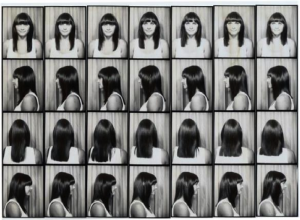 I responded to a paper by Nancy Bauer at this conference in Birkbeck in June 2015, organised by Prof Susan James. Details here.
I responded to a paper by Nancy Bauer at this conference in Birkbeck in June 2015, organised by Prof Susan James. Details here. -
Gender in the History of Early Modern Political Thought
 I was delighted to be a representative of contemporary political philosophy, talking about Feminism in Philosophy, in this year’s Balzan-Skinner conference in the History of Political Thought. Find details here. The conference is on 22 May 2015.
I was delighted to be a representative of contemporary political philosophy, talking about Feminism in Philosophy, in this year’s Balzan-Skinner conference in the History of Political Thought. Find details here. The conference is on 22 May 2015.
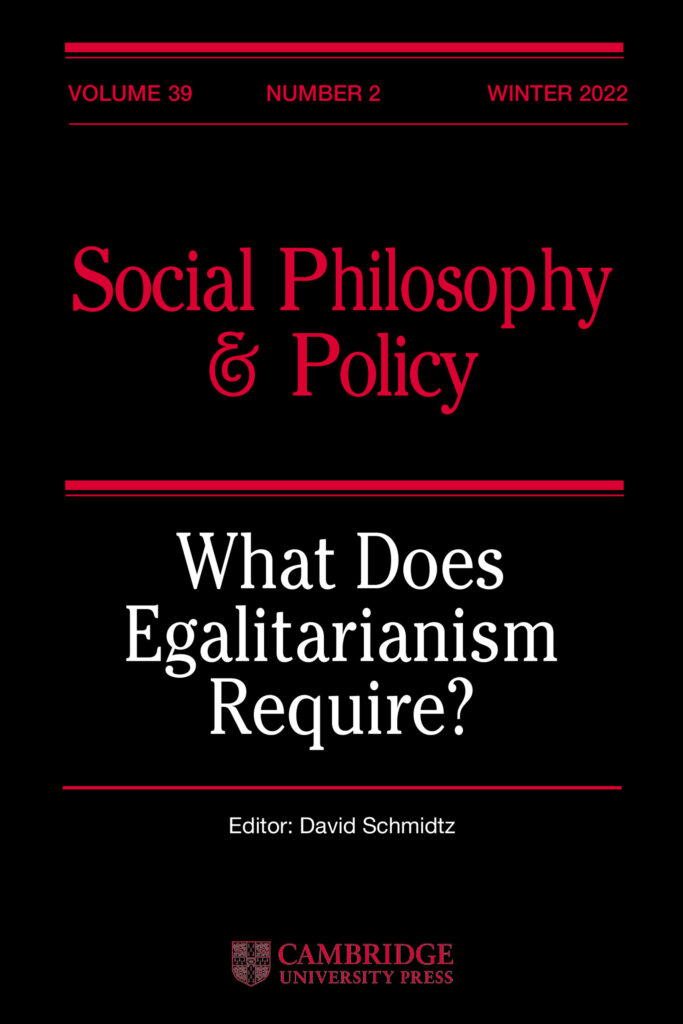
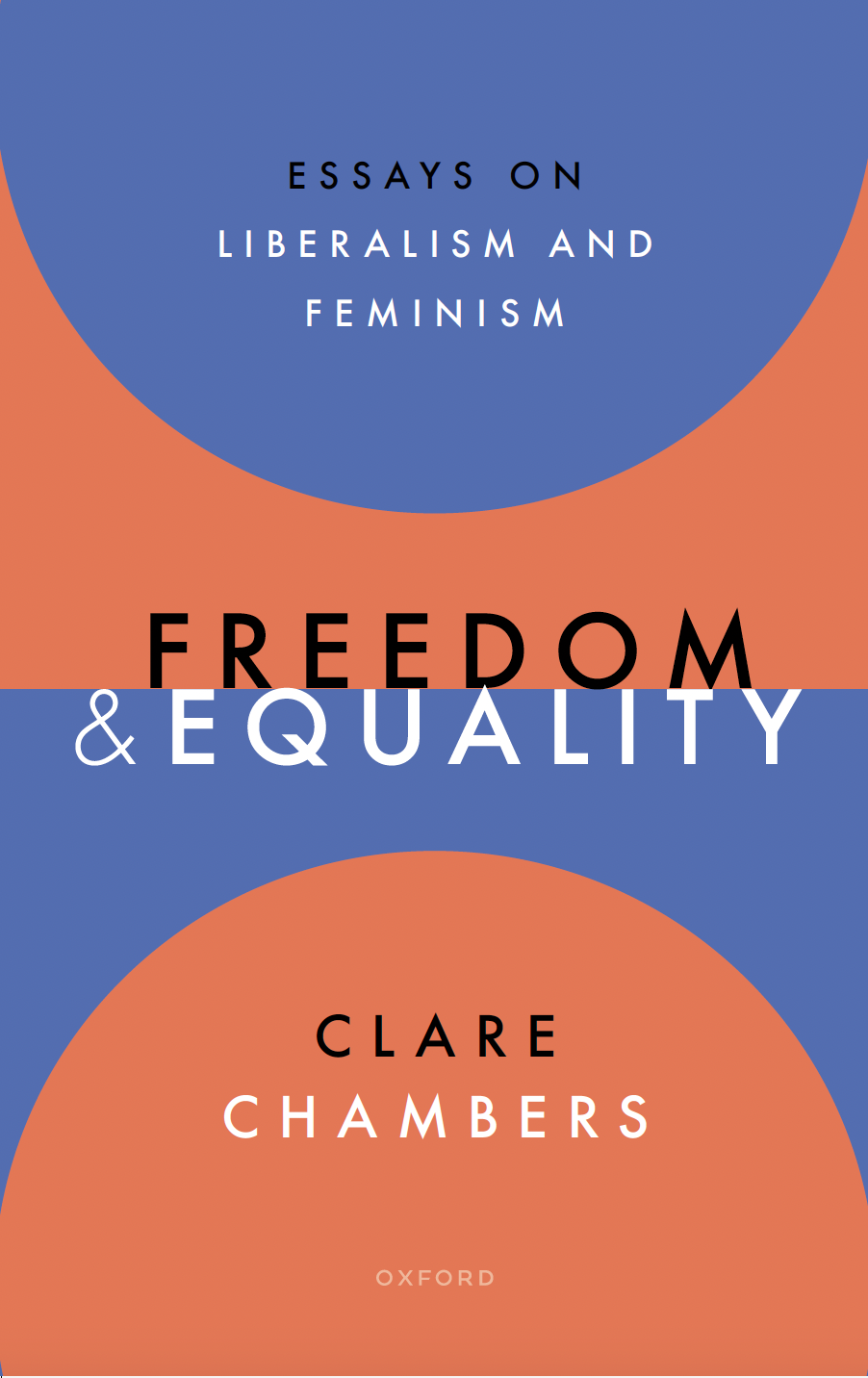
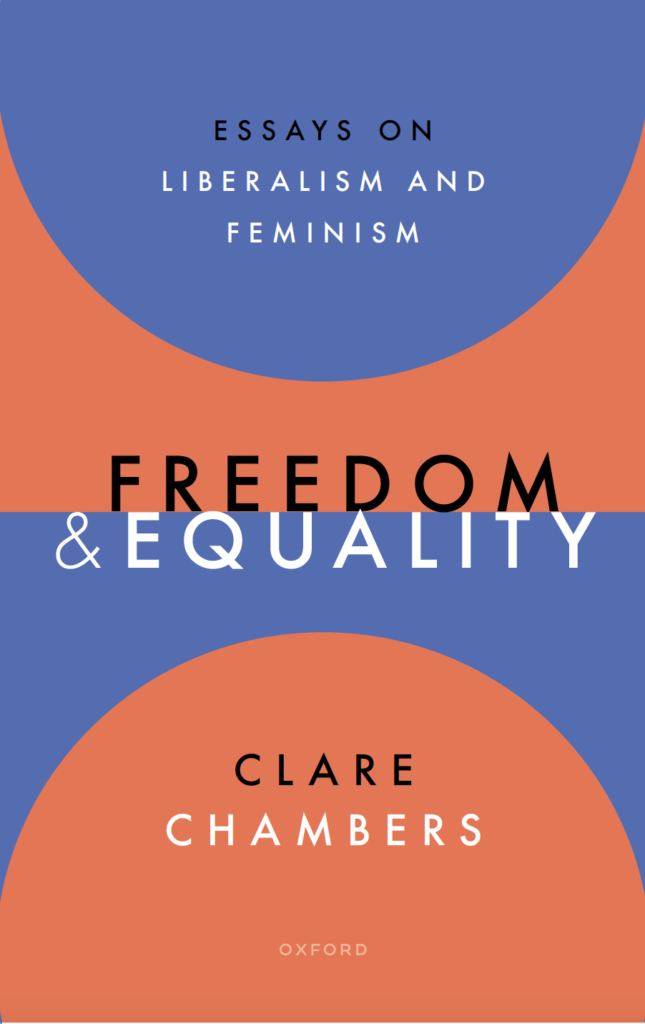
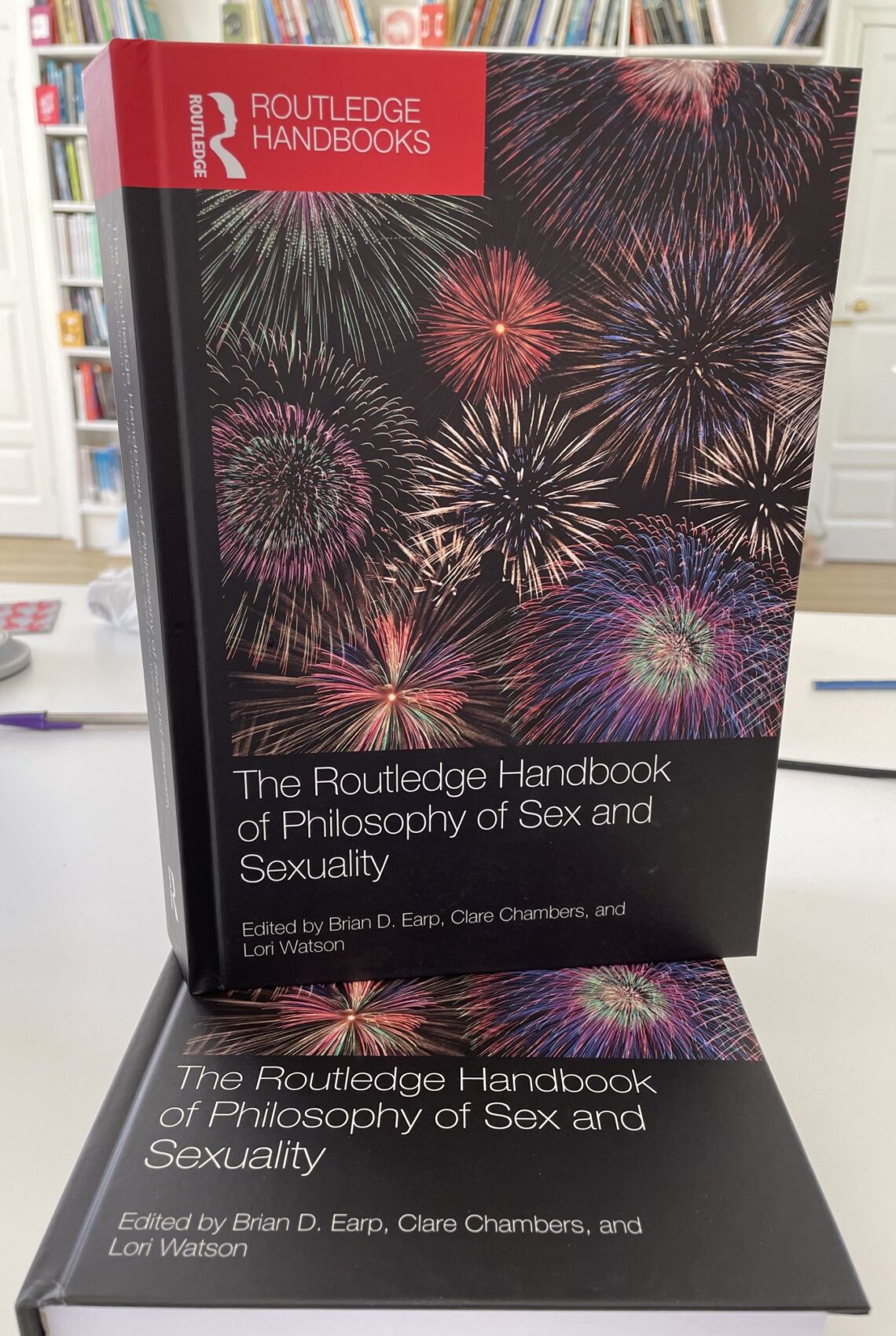
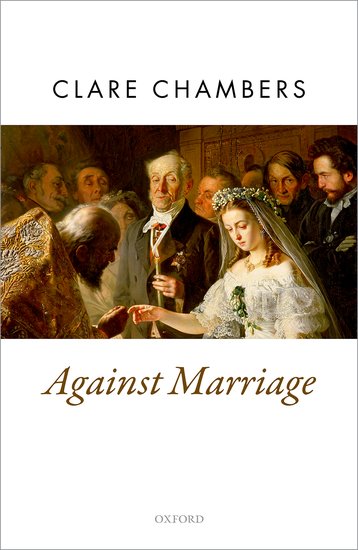


 Can your employer demand that you go to work naked? In this short
Can your employer demand that you go to work naked? In this short 
